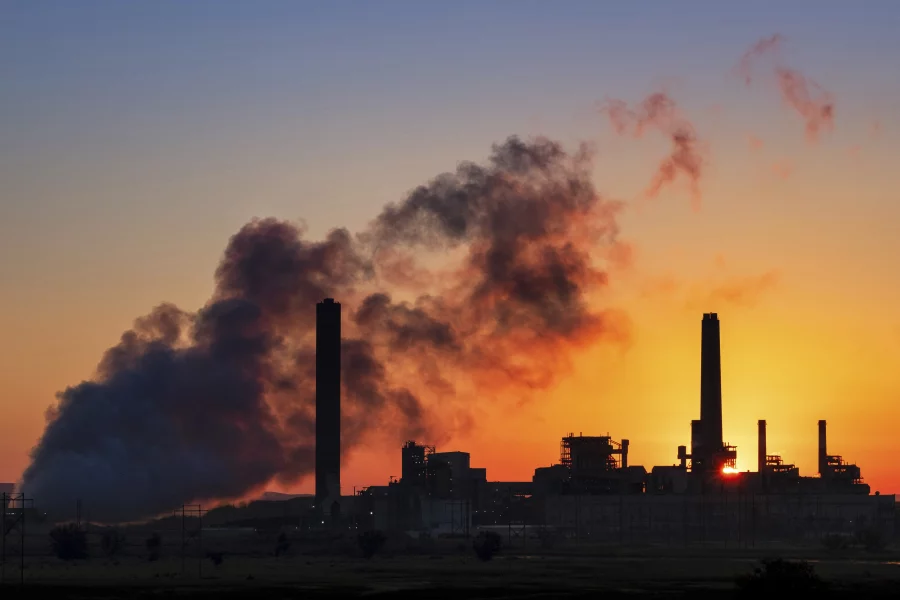 Saying that climate change has “moved firmly into the present,” a federal scientific panel Tuesday released a report cataloging the impacts of such changes, saying some would actually be beneficial “but many more are detrimental.”
Saying that climate change has “moved firmly into the present,” a federal scientific panel Tuesday released a report cataloging the impacts of such changes, saying some would actually be beneficial “but many more are detrimental.”
The American Southeast and Caribbean regional is “exceptionally vulnerable” to rising sea levels, extreme heat events, hurricane and decreased water resources, the report said. Seven major ports in the region are vulnerable. And residents can expect a significant increase in the number of hot days – defined as 95 degrees or above – as well as decreases in freezing events.
“Large numbers of southeastern cities, roads, railways, ports, airports, oil and gas facilities and water supplies are vulnerable to the impacts of sea level rise,” the report concluded. Among the cities most at risk: Miami; Tampa, Fla.; Charleston, S.C.; New Orleans, and Virginia Beach, Va.
The findings come from the U.S. National Climate Assessment and was the result of a three-year project involving 300 experts and top administration officials, including President Obama’s science and technology adviser and the head of the National Oceanic and Atmospheric Administration. The report was called for in Obama’s climate action plan that was launched last year. White House officials are set to discuss the report Tuesday afternoon.





 The aurora could be visible across Canada and much of the northern tier of US states...
The aurora could be visible across Canada and much of the northern tier of US states... The Trump administration sued two California cities on Monday, seeking to block local laws that restrict...
The Trump administration sued two California cities on Monday, seeking to block local laws that restrict... For years, the Environmental Protection Agency has assigned a dollar value to the lives saved and...
For years, the Environmental Protection Agency has assigned a dollar value to the lives saved and... 6.5 magnitude earthquake shook the Mexican state of Guerrero in the southern part of the country...
6.5 magnitude earthquake shook the Mexican state of Guerrero in the southern part of the country...






























